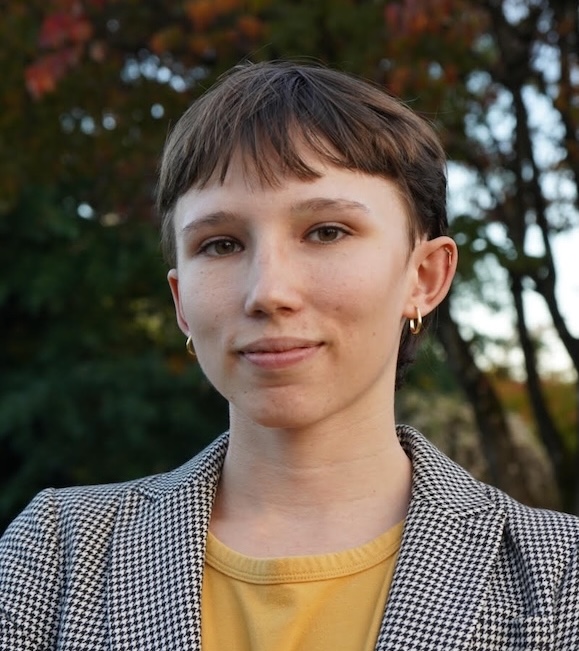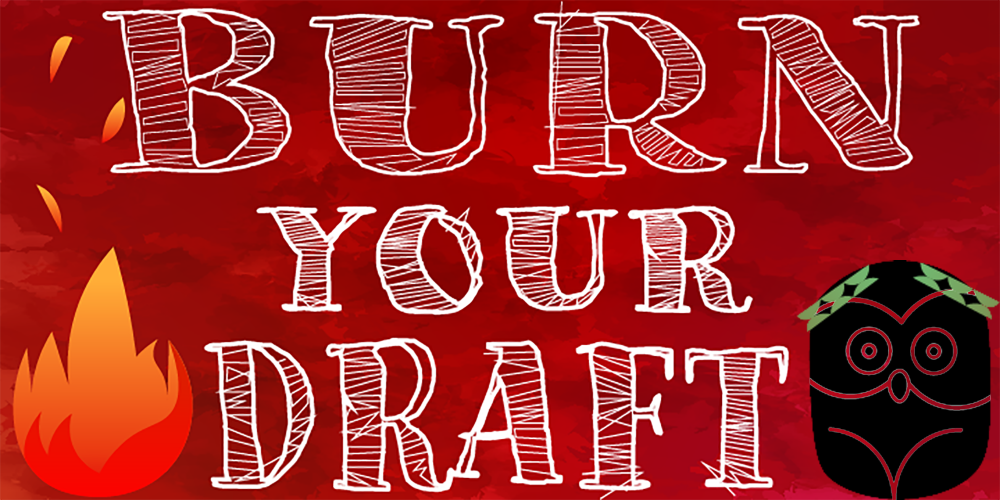
Amelie started out in the biology department at Reed because she wanted to study bacteria and living things, but then she got a chance to start learning from the biochemists on the faculty. They helped her build the bridge from chemistry to life, which led her to switch her major from biology to biochemistry and molecular biology.
Amelie was also the second student producer for Burn Your Draft, working with us from 2021–22, and it was a delight to get to talk to her.
Reed community members can read Amelie’s thesis, “MntR: The Mastermind of Manganese Ion Homeostasis” online in the Electronic Theses Archive.
